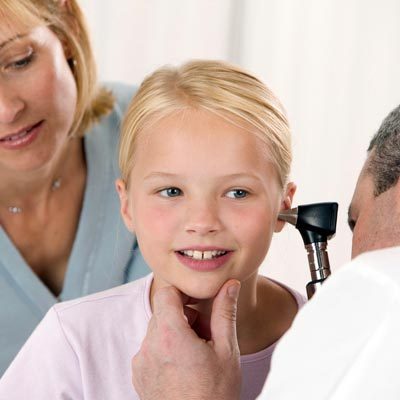Here are some simple Do’s and Don'ts regarding earwax and cleaning your ears:
DO

•Understand that earwax is a natural, self-cleaning agent that should not be regularly removed unless it is causing a health problem.
•Use a warm, moist washcloth to clean the outside of your ears, but never insert anything into your ear canal.
•Try placing a few drops of mineral oil, baby oil, glycerin, or commercial drops in the ear to moisten the earwax and let it naturally work its way out of the ear.
•See an otolaryngologist (ENT doctor) if you believe you have discharge, fullness, ear pain, reduced hearing, or other persistent ear symptoms.
•Ask your otolaryngologist about recommended methods of removing excess earwax, which include irrigation (syringing), wax-dissolving eardrops, and manual cleaning with a microscope and specialized instruments.
DON’T
•Never insert anything into your ear canal, regardless of its size or shape. This includes things like cotton-tipped swabs, pens, hair pins, etc.
•Never use an “ear candle” to help remove earwax. An ear candle is a 10” to 15”-long, cone-shaped, hollow candle, typically made of wax-impregnated cloth. Ear candles are proven ineffective for ear wax and may cause burns to the face and hair, obstruction of the ear canal with wax of the candle, or perforation of the membrane that separates the ear canal and the middle ear.
•Do not use any type of irrigation device by yourself. These include items like water picks designed for use in the mouth, or a bulb syringe.
•Don’t ignore the following symptoms:
*Earache, fullness in the ear, or a sensation the ear is plugged
*Partial hearing loss, which may be progressive
*Tinnitus, ringing, or noises in the ear
*Itching, odor, or discharge
*Coughing
Taking proper care of your ears doesn’t mean cleaning them daily. Following a few simple rules will help ensure continued hearing health.
Otolaryngology or ENT (ear, nose and throat) is the branch of medicine that specializes in the diagnosis and treatment of ear, nose, throat, and head and neck disorders. The full name of the specialty is otolaryngology-head and neck surgery. Practitioners are called otolaryngologists-head and neck surgeons, or sometimes otorhinolaryngologists (ORL).
The American Academy of Otolaryngology – Head and Neck Surgery
For more information on earwax, or to learn about other ENT health conditions, visit http://www.entnet.org/healthinformation/ears.cfm

No comments:
Post a Comment